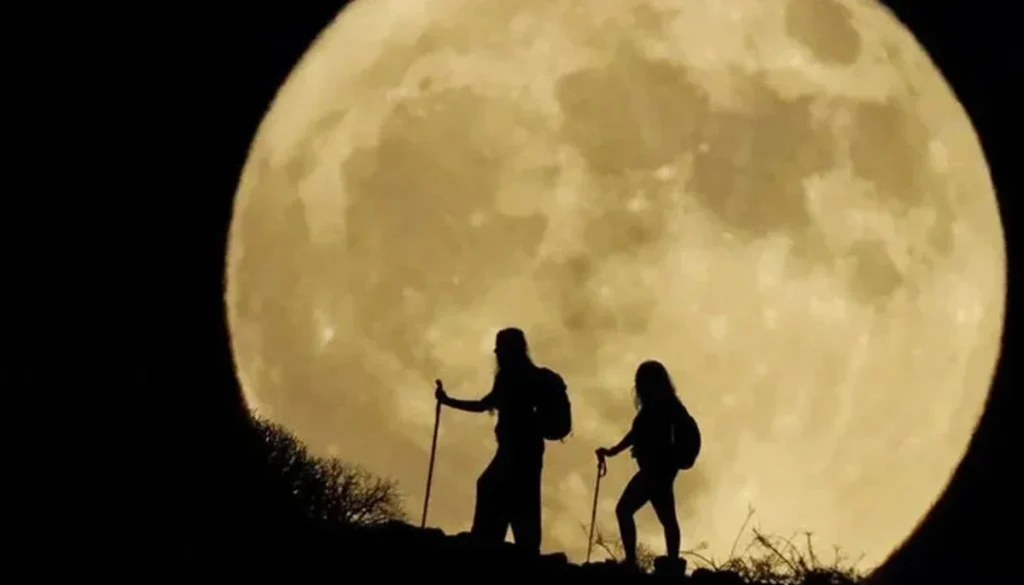Islamabad, Dec 22; As winter strengthens its grip across Pakistan, the nation is experiencing the winter solstice today, marking the longest night of the year, according to a statement from the Space and Upper Atmosphere Research Commission (Suparco). This event is shared by the entire Northern Hemisphere, including Pakistan.
The winter solstice, which occurs annually on December 21 or 22, depending on the location, results in the longest night and shortest day due to the Northern Hemisphere being tilted furthest away from the sun. This astronomical phenomenon leads to shorter daylight hours and prolonged nighttime across affected regions.
Suparco emphasized that the solstice reflects Earth’s orbital movement and axial tilt, critical factors in seasonal variations. Following the solstice, daylight hours will incrementally increase, with an additional hour of sunlight expected within two months, benefiting daily routines and activities.
This event underscores the dynamic interaction between Earth and the sun, significantly impacting natural systems and human lives. Al Jazeera explained that the longer night occurs because the Northern Hemisphere is tilted furthest from the sun on this day.
Daylight duration varies across countries in the hemisphere. For instance, London will experience just seven hours and 49 minutes of daylight, over eight hours less than its longest day. From this point onward, days will gradually lengthen until the summer solstice, the year’s longest day, occurring between June 20 and 22.
The winter solstice also carries cultural and historical significance. Many ancient traditions viewed it as a time of renewal and rebirth, celebrating the supernatural or folkloric meanings of the day.
